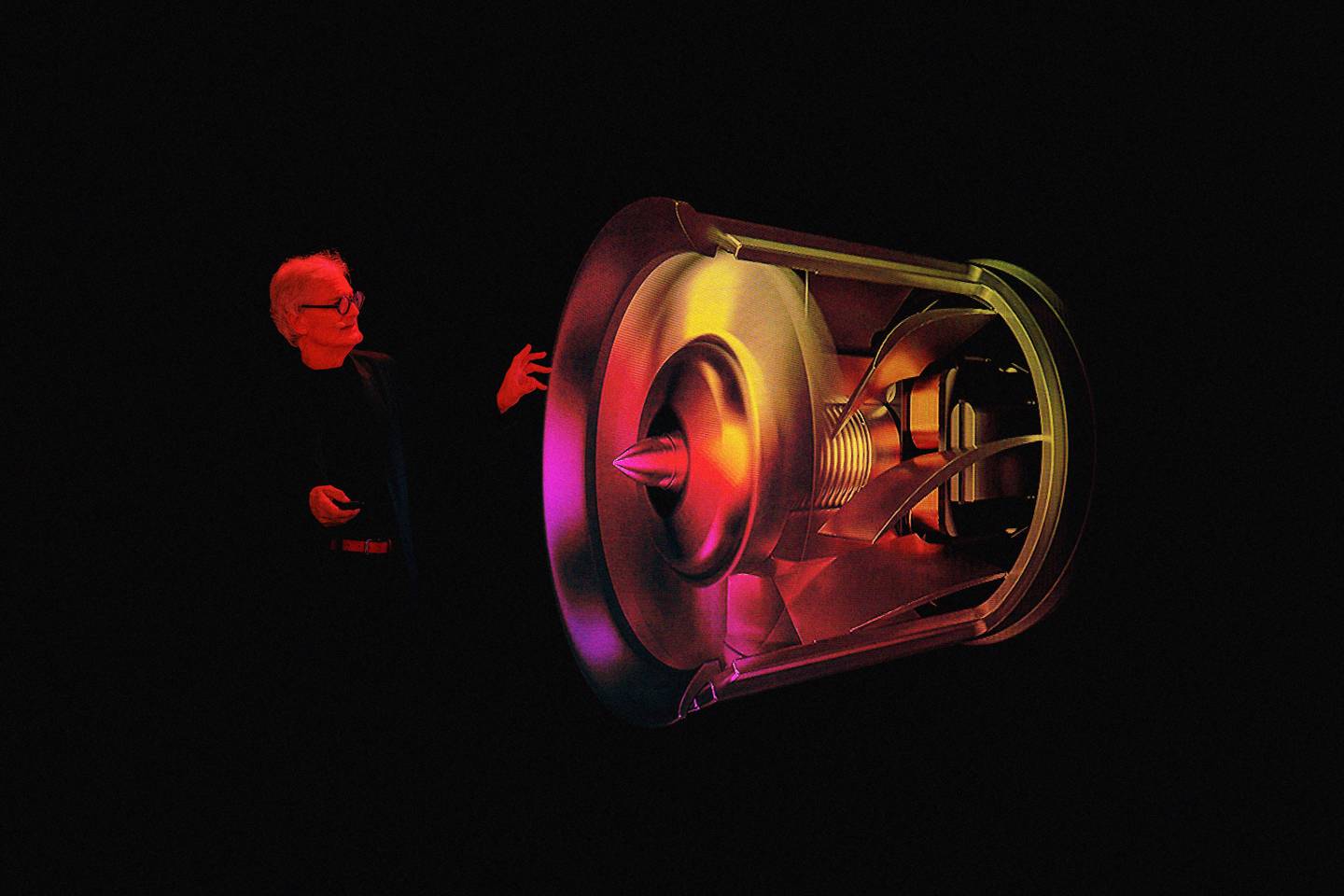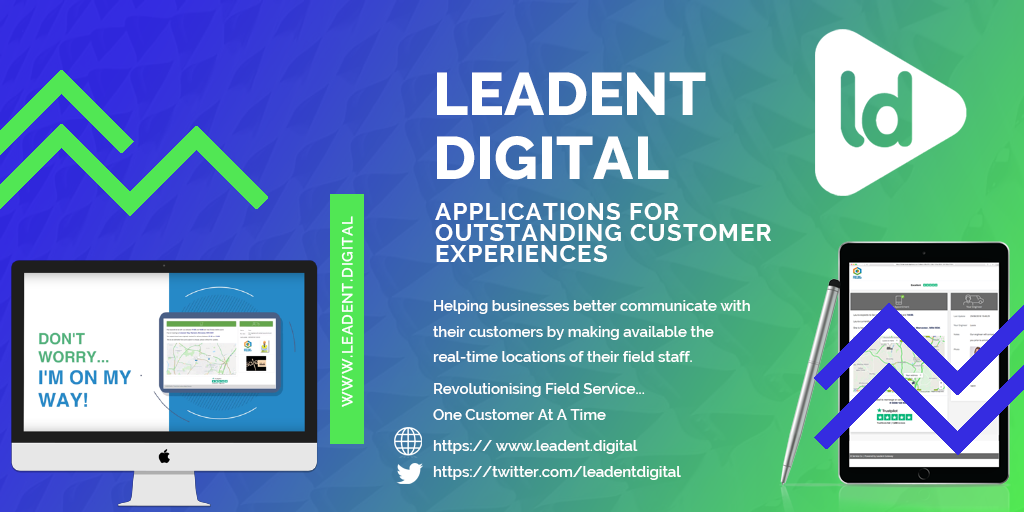What is the technology flop of the decade for service companies?
I recently wrote about Facebook and what we can learn from some of its failures over the past few years.
At Leadent we work with a wide range of service organisations and this got me wondering what was the biggest technology 'flop of the decade' for service companies?
I thought instantly about Samsung's Galaxy Note 7 which hit the news in the wrong way when its battery started catching fire. It was a popular device with field teams due to its large format, stylus and relatively affordable price point, but such a high profile issue at the time.
On the app front I know that a lot of our customers use WhatsApp and Snapchat to share information in the field and this got me thinking about Vine (limiting shared videos to only 6 seconds long) which was a big success when launched but then quietly killed off by Twitter when it couldn't figure out how to make money from it?

Or what about some of the high profile failures such as Project Titan, Apple's long rumoured goal of building autonomous vehicles, in existence since 2014. In 2018 there were 27 cars registered for road testing but yet more recently Apple has laid off 200 staff from the Project Titan team and restructured a lot of others, leading to a focus on services and connecting technologies rather than vehicles.
The likes of Dyson weren't that much further behind. Dyson had planned to invest more than £2bn in its "radical and different" electric vehicle but has now concluded it can't afford to bring its electric vehicle to market although its efforts to make a sizeable leap in battery technology will continue.

Google Glass
The saying goes that there is no innovation and creativity without failure. I think Google Glass is an interesting example that I'd like to spend some time considering. It's a product that generated a lot of interest amongst field service companies when it was released but rapidly lost this interest when organisations saw the price point and the limited applications at the time. What I find interesting is how the latest versions are starting to gain real traction with a warehouse and logistics customer base as the product has evolved and learned from its previous mistakes.
Google first launched Glass via a limited "Explorer" program in 2013, then offered the augmented-reality device to the public the following year. I remember as I had signed up for early access (not that I could then afford to purchase it)! I remember reading so many articles over the next few months about how Glass would be the next main computing platform. For field service companies it would allow easy overlaying of merged reality information whether knowledge documents, customer information, navigation aids or geolocation.
In 2015 Google announced that it would stop producing Google Glass. In July 2017 Google announced the Google Glass Enterprise Edition and effectively shut down its access for consumers. Let's consider some of the takeouts from this high profile failure.

Issue 1 - Confusing use cases
It's easy with hindsight but there seemed to be no consensus about the core use cases of Glass. Was it a fashion device? Was it a replacement to mobile communications? Was it for business users? Was there a true market for its adoption amongst consumers? It feels like the product developers failed to take into account the fact that people might be put off with wearing Glass and that the aesthetics of the product might not outweigh its perceived benefits. Without a clear use case to sell customers didn't create pull for the product.
Issue 2 - A product looking for a market
Critics could say that Google Glass was created based on untested solutions for a problem and target market that was not clearly validated. What was the problem that Glass was trying to solve? Who was the target user and what did they want from this technology?
Issue 3 - Unanticipated privacy concerns
Google didn't consider the privacy implications of putting cameras on its users' faces. Concerns were raised about the intrusion of privacy and the ethics of using Glass in public and potentially recording conversations with others without their knowledge. Privacy advocates were also concerned that people wearing Glass may be able to identify others in public using facial recognition or secretly broadcast private conversations from others. Glass found itself banned from certain businesses in order to safeguard its other customers.

Issue 4 - Cyber attack backlash
Concerns were also raised that Google Glass could be used to steal smartphone and tablet passwords. University of Massachusetts developed a software programme as a demonstration that uses Google Glass to track finger shadows as someone types in their password, with the touchpoints converted into the keys they were touching on their mobile devices.
Issue 5 - Ongoing safety concerns
Concerns were also raised on operating vehicles whilst wearing Glass. Back in 2013 it was reported that driving while wearing Google Glass was likely to be banned in the UK and due to carry a fixed penalty offence.
Issue 6 - Poor marketing
The first version of Glass wasn’t sold in shops or in a place where customers could experience the benefits of the product for themselves. Instead, it was exclusively sold to “Glass Explorers” who had to pay $1,500 for the privelege but received very little else other than the product itself. Issues such as low battery life and the product's unappealing design were in the spotlight when every other consumer (who was excluded from the explorers programme) just had to read about the product. The early adopters were also biased towards the technology-savvy, internet bloggers, trendsetters and journalists. This audience was aware of the limitations of the technology and also vocal about writing about it!

It's a long game
Try to think of a truly great product that realised anything like its full potential in its first iteration? Technology (so long as there is investment) can be a long game. The design of something like Glass was perhaps always going to be clunky when its designers were trying to do something they were just barely capable of doing. The Glass Enterprise Edition has been re-focused by the division which originally developed it, to make Glass a practical workplace tool. Alphabet (Google's parent company) has been selling hundreds of units of the Enterprise Edition and it has been tested by the likes of GE, Boeing, DHL, and Volkswagen. Forrester predicts that by 2025 nearly 14.4 million US workers will wear smart glasses to guide their effective working in advanced manufacturing, warehouse operations and engineering. Google Glass Enterprise Edition might just have found its market.

As the product owner for Google Glass Enterprise Edition was quoted as saying in 2017:
"Where we got a little off track was trying to jump all the way to the consumer applications...We talked to all of our explorers and realised that the enterprise space had a lot of legs"
Rather than continuing in a silo the Glass team created an ecosystem that would support “solution partners” who could work with them to develop the Enterprise Edition. The product can now be fitted with OSHA-certified safety shields for example, developed by a former division of 3M. Networking has been improved, as has battery life. The device is lighter, the camera upgraded and for the first time a green light goes on when video is being recorded.
GE in particular has been enthusiastic in its Glass tests. It has claimed a 46 percent decrease in the time it takes a warehouse picker using the product. DHL decided to roll out Glass across its 2,000 warehouses.

So the lesson for me seems to be that a product needs a market based on a clear understanding of its customers and their use cases. The original Google Glass might be one of the biggest consumer flops of the decade but for a whole host of businesses the latest Enterprise Edition is adding value to their daily operations and business processes.
By finally listening to its users (many of whom were buying the previous version for use in their factories and warehouses) Google might just manage to turn things around for one of its most controversial products.
Contact us
Leadent is truly impartial. Our advice is guided by best practice and isn’t clouded by internal politics. All of our team have significant experience in field service operations and understand the challenges that business face first hand. We’re business consultants but we’re also experts in technology too! This means we only give recommendations that we know can work.

